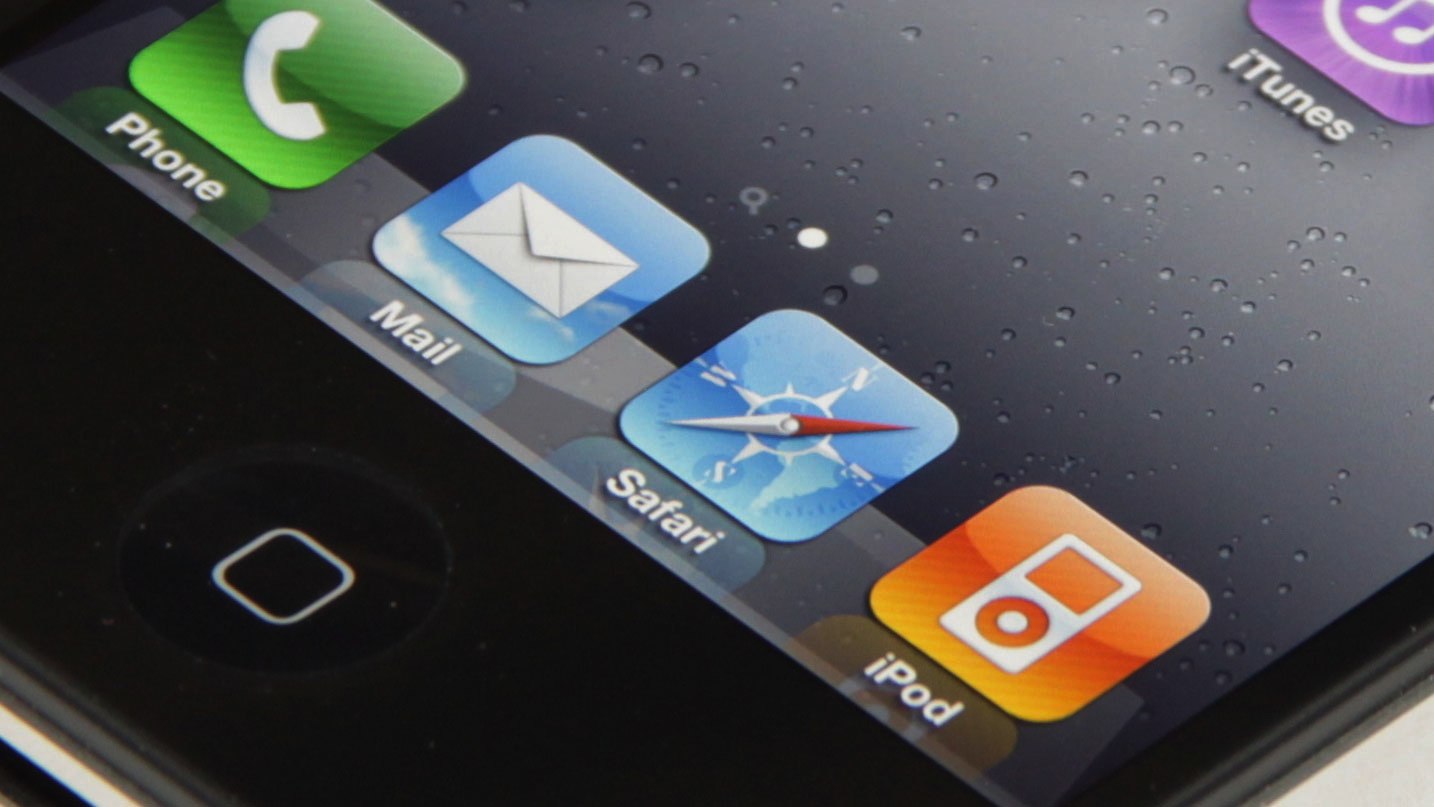Apple's smartphone lead sprouts even further ahead of Samsung
Google Android still top OS

While the global battle for smartphone and operating system supremacy appears to be Samsung's and Google's to lose, Apple has quietly asserted itself as one of the top dogs in the U.S.
According to comScore, Apple has been able to sustain its hold on the overall smartphone market in the U.S. over Samsung, while also making a dent in Google's lead on the OS front.
However, both categories appear to be two-horse races with the rest of the competition lagging quite a bit behind the front-runners.
Though it's only indicative of the three-month period running from December 2012 through February 2013, Apple's upward trend bodes well for the Cupertino company heading into the summer.
Apple extends lead
Apple already had a comfortable lead on Samsung in the U.S. with 35 percent of the market through Thanksgiving last year.
Over the course of the three months that followed, Apple increased its lead to 38.9 percent (up 3.9 percent) over Samsung's 21.3 percent share.
The rest of the companies rounding out the top five (HTC, Motorola, LG) all lost some percentage to the top two spots, with Apple and Samsung showing the only positive growth through early 2013.
Get daily insight, inspiration and deals in your inbox
Sign up for breaking news, reviews, opinion, top tech deals, and more.
Even though Apple was enjoying a fairly comfortable lead, both the arrival of Samsung's Galaxy S4 and the HTC One could impact that cushion over the next few months.
Apple has been quiet about the rumored iPhone 5S and iPhone mini, which would certainly help the company at least maintain its grasp on the market.
However without a release date in sight, let alone confirmation of either device's existence, it could be a rough few months for Apple in regards to U.S. smartphone sales.
Android still king of the hill
Even if Apple phones are in more hands than every other company, Google's Android OS is still the most popular in the U.S. with a 51.7 percent share of the market.
Apple however is gaining, as through February it had increased its share by 3.9 percent to bring iOS to a healthy 38.9 percent second place.
A large percentage of those gains came from Google's two percent fall during that three month period, though the OS still holds a seemingly insurmountable lead over the rest of the pack.
BlackBerry (5.4 percent), Microsoft (3.2 percent), and Symbian (.5 percent) rounded out the rest of the top five respectively, and were basically non-factors in the overall fight for marketshare.
To be fair, BlackBerry's Z10 had yet to arrive in the U.S., though it's unlikely the BB10 device would have impacted iOS' or Android's positions very much, if at all.
With two major Android phones (Galaxy S4, HTC One) due to arrive over the course of the next few months, Google may see its lead over Apple increase once more.
Unless a new device is announced to help the iPhone 5 carry the iOS banner, it could be a rough summer for Apple as it fights to stick close to Google.